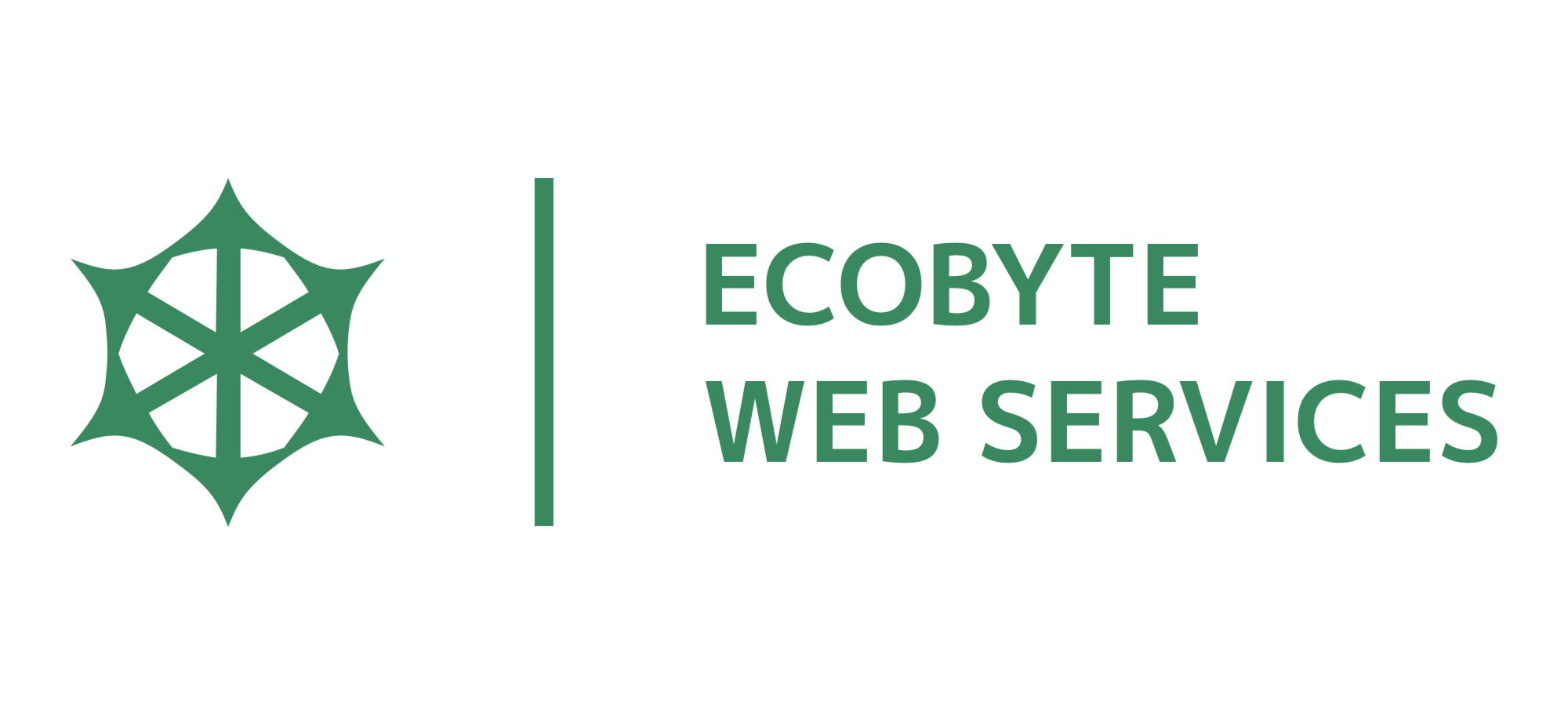In today’s digital landscape, where cyber threats lurk around every corner, safeguarding your WordPress website is paramount. With its popularity as a website platform, WordPress is a prime target for hackers and malicious actors. However, with the right precautions and strategies in place, you can fortify your website against potential breaches and ensure its integrity and security. Let’s delve into some essential tips to protect and harden the security of your WordPress website.
Keep Your WordPress Core, Themes, and Plugins Updated: This might sound like a no-brainer, but it’s crucial to regularly update your WordPress core, themes, and plugins. Developers frequently release updates to patch security vulnerabilities and enhance performance. By staying up to date, you minimize the risk of exploitation by cybercriminals.
Choose Reliable Themes and Plugins: When selecting themes and plugins for your WordPress site, opt for reputable sources such as the official WordPress repository or trusted third-party marketplaces. Avoid using pirated or nulled themes and plugins, as they may contain malicious code that can compromise your site’s security.
Implement Strong Authentication: Strengthen your website’s login security by enforcing strong passwords for user accounts. Consider implementing two-factor authentication (2FA) to add an extra layer of protection. There are numerous plugins available that make it easy to integrate 2FA into your WordPress site.
Limit Login Attempts: Brute force attacks, where hackers attempt to guess login credentials, are a common threat. Mitigate this risk by limiting the number of login attempts allowed within a specific time frame. You can achieve this using security plugins or by implementing custom code snippets in your site’s functions.php file.
Secure Your wp-config.php File: The wp-config.php file contains sensitive information, including database credentials. Protect this file by moving it to a higher directory level than the default location. Additionally, consider restricting access to the wp-config.php file using server-level configurations such as .htaccess rules.
Use Secure Hosting: Choose a reputable web hosting provider that prioritizes security and offers features like firewalls, malware scanning, and regular backups. Managed WordPress hosting services often include additional security measures tailored specifically for WordPress websites.
Enable HTTPS Encryption: Encrypt data transmitted between your website and visitors’ browsers by enabling HTTPS. Obtain an SSL/TLS certificate from a trusted certificate authority and configure your web server to serve your site over HTTPS. Many hosting providers offer free SSL certificates through services like Let’s Encrypt.
Implement Web Application Firewall (WAF): A WAF acts as a barrier between your website and incoming traffic, filtering out malicious requests and protecting against common security threats such as SQL injection and cross-site scripting (XSS) attacks. Consider using a cloud-based WAF service or installing a WAF plugin designed for WordPress.
Regularly Backup Your Website: In the event of a security breach or data loss, having up-to-date backups of your WordPress site is invaluable. Schedule regular backups and store them securely offsite, either on cloud storage or a separate server. Several backup plugins offer automated backup solutions for WordPress websites.
Monitor and Audit User Activity: Keep track of user activity on your WordPress site by monitoring login attempts, changes to files, and other critical events. Security plugins can help you set up activity logs and receive alerts for suspicious behavior, allowing you to take prompt action in case of security incidents.
By implementing these security measures and adopting a proactive approach to WordPress security, you can significantly reduce the risk of your website falling victim to cyber threats. Remember that security is an ongoing process, and staying vigilant against emerging threats is essential to safeguarding your WordPress site and its valuable data.
Ecobyte Web Services offers assistance with these tasks through our latest shared web hosting service, Mighty Oak for WordPress. Specifically tailored for WordPress websites, Mighty Oak ensures optimal performance and security for your online presence.
